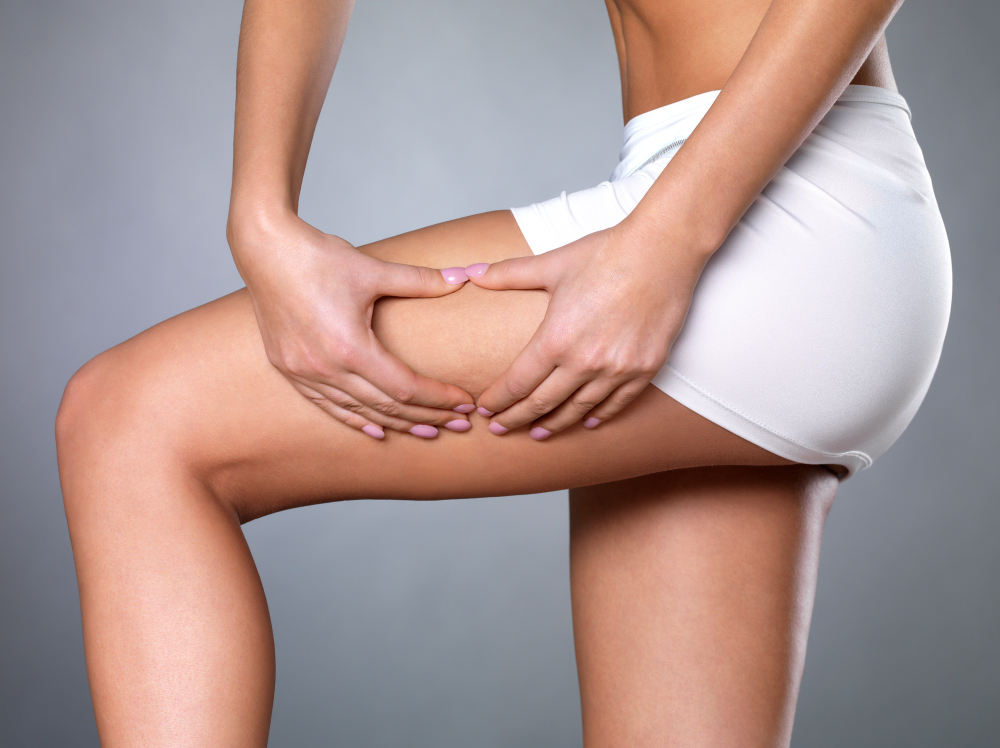
Cellulite is a common cosmetic condition characterized by the buildup of fatty deposits beneath the skin, causing dimpled or puckered areas. It most often appears on the thighs, hips, buttocks, and abdomen. Affecting nearly 80% of women over 20, cellulite is also seen in some men. Women are more prone to developing cellulite due to the way fat is distributed in the lower body. Genetics also play a role, as those with family members who have cellulite are more likely to develop it themselves.
Request an AppointmentCauses of Cellulite
Cellulite can develop for various reasons, including:
- Decreased skin elasticity with age
- Weight gain, such as during pregnancy
- Poor diet and fad dieting
- Slow metabolism
- Lack of physical activity
- Hormonal changes
- Dehydration
- Excess body fat
- Individual skin type and tone
Treatment Options for Cellulite
Though cellulite poses no medical risk, many people find it bothersome and feel self-conscious about wearing shorts or swimsuits. The good news is there are treatments available that can help reduce its appearance and restore smoother skin texture.
Home Remedies:
In some cases, simple at-home approaches may help. For example, since cellulite is less visible on darker skin, using a self-tanner can help minimize the appearance of bumps and dimples on fair skin. While many over-the-counter products claim to treat cellulite, most lack strong scientific support. The most effective lifestyle change is maintaining a healthy diet and regular exercise to reduce body fat and improve skin appearance.
Professional Treatments:
Physicians offer a range of treatments including:
- Laser or light therapy
- Massage therapy
- Herbal wraps
- Mesotherapy (targeting the skin’s middle layer)
- Dietary supplements
- Liposuction
Risks and Benefits
Some cellulite treatments carry risks as well as benefits. People with circulatory issues may be advised against using certain creams, and allergies can also occur. Treatments like massage and body wraps often provide only temporary improvements. More advanced procedures such as laser therapy or liposuction can offer significant results but may occasionally lead to complications such as skin indentations, fluid buildup, or prolonged bruising.
Overall, treatment success varies by individual, and consulting with a qualified professional can help determine the best approach based on personal needs and health conditions.
